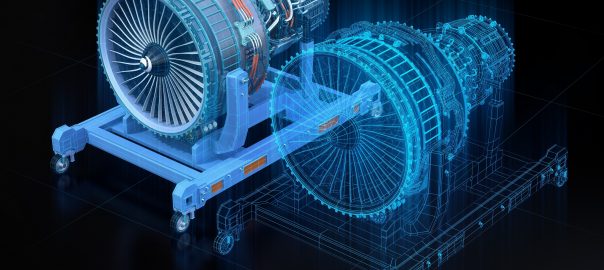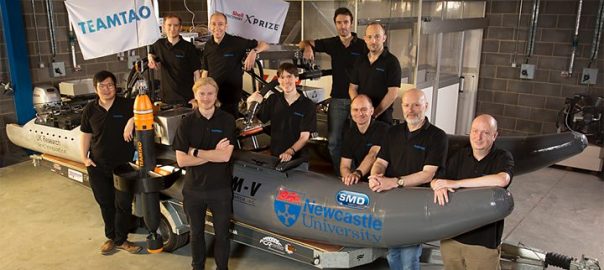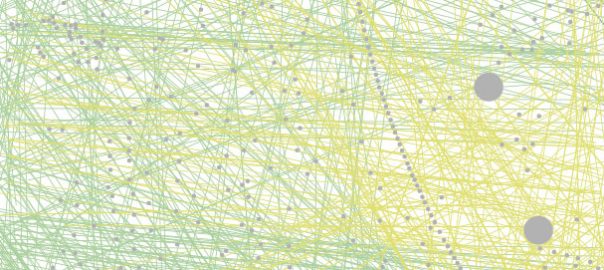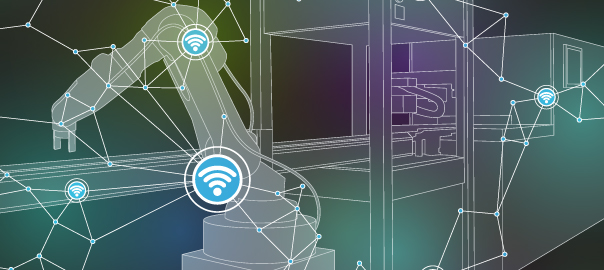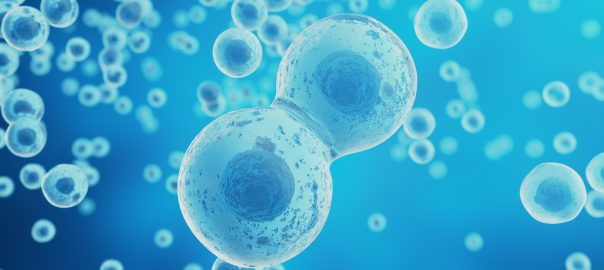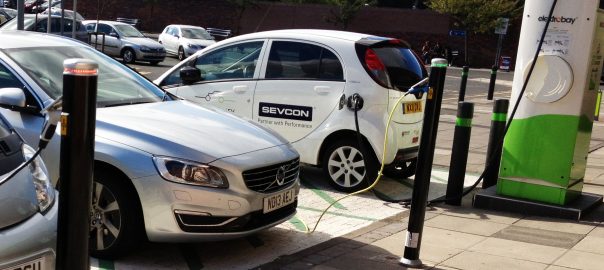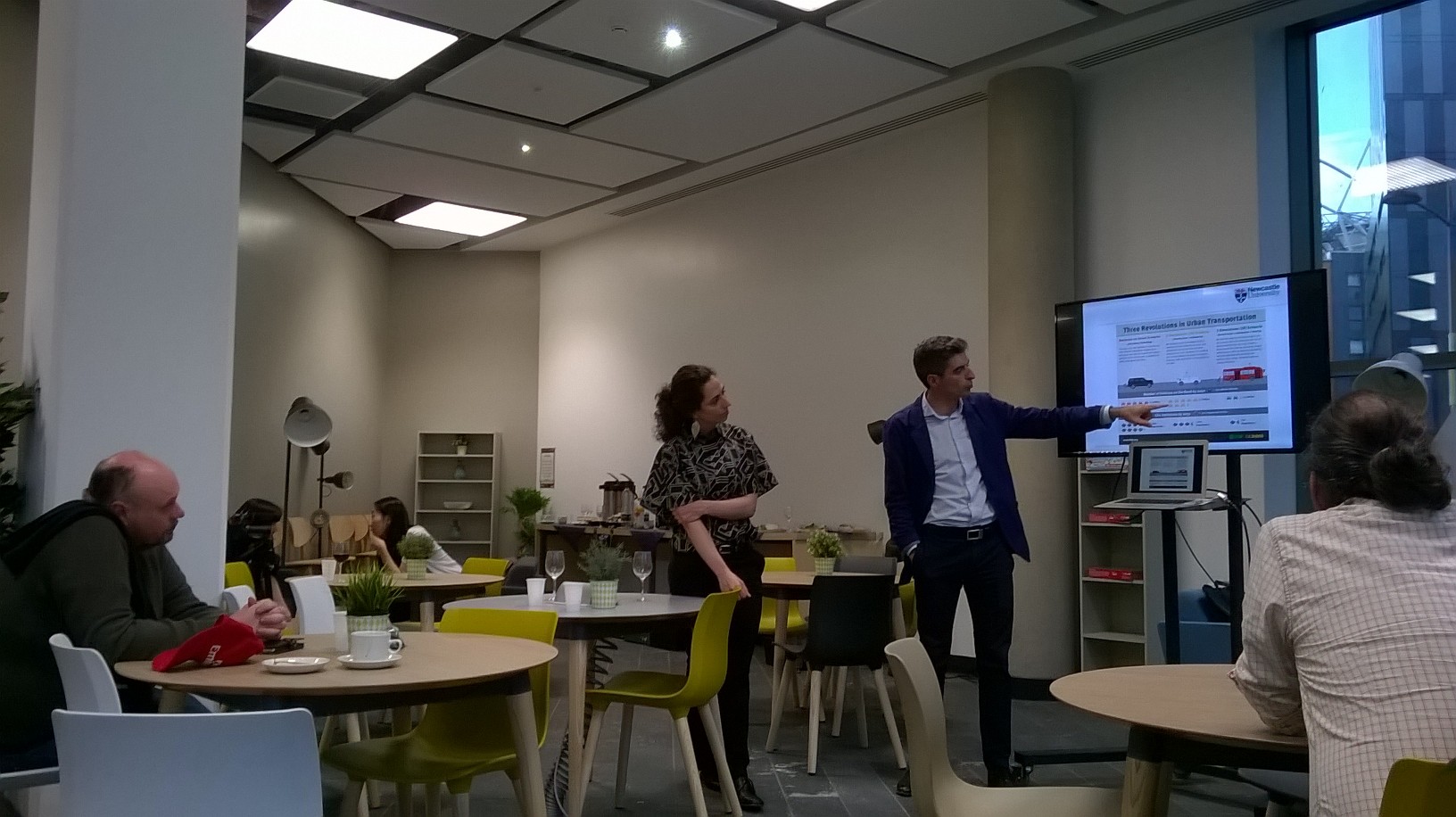…through television and telephony we shall see and hear one another as perfectly as though we were face to face, despite intervening distances of thousands of miles; and the instruments through which we shall be able to do his will be amazingly simple compared with our present telephone. A man will be able to carry one in his vest pocket. Nikola Tesla (1912)
The possibilities of technology are seemingly endless. I would not be writing to you in cyberspace right now if this were not the case, and as Tesla rightly predicted you may be reading it from a device small enough to fit in your pocket. Yet despite the ubiquity of mobile wireless technologies there remain potential applications that have not yet been discovered or used yet.
We tend to take technologies for granted because they are intertwined with our regular lives, but how we interact with them is still far from straightforward.
Sometimes there are problems that are simply too unique, too individual that current off the shelf technologies cannot address them. How do you build devices to solve human problems if they’re not focused on the values and needs of people?
And how do you take available communications technologies and use them to solve real-world problems?
There’s still time to get human-computer interaction right. The ethos behind human computer interaction is not merely to get computing to work better for people, but to find ways for technology to improve and transform their lives, and create agency.
Work in human-computer interaction takes an alternative approach to what is generally assumed – instead of starting with the device, start with the user, understand their own needs and values, and work with them to co-design the technology to meet them. Continue reading What’s this for? The age of human-computer interaction →
